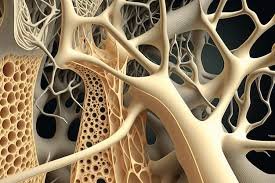Staying strong after 40 is not optional—it’s essential. Start with what you can do, build a routine, and never ignore pain or stiffness.

lubfoot (also known as talipes equinovarus) is a congenital condition where the foot is twisted out of its normal position. Management aims to correct the deformity to enable normal foot function. Here's a summary of the key management approaches:
Stretching and Casting: Gentle manipulation of the foot, followed by the application of a cast to hold it in a corrected position. This process is repeated weekly for 4–8 weeks.
Tenotomy: If necessary, a minor surgical procedure to release the Achilles tendon.
Bracing: After correction, a foot-abduction brace is worn to maintain alignment and prevent relapse (e.g., Dennis-Browne bar).
-Daily stretching, mobilization, and taping by trained physical therapists.
-Continued therapy until the foot shape normalizes, typically requiring long-term parental involvement.
-Indicated for severe cases or if non-surgical methods fail.
-Soft Tissue Release Surgery: Releases tight tendons and ligaments to align the foot.
-Bony Procedures: In older children with relapsed or untreated clubfoot.
-Post-surgery, casting and bracing are essential to maintain correction.
-Monitoring for Relapse: Regular follow-up visits until skeletal maturity.
-Rehabilitation: Physical therapy to strengthen muscles and improve foot functionality.
-Orthotics: Special shoes or inserts if necessary.
-Early treatment, ideally within the first week of life, has the best outcomes.
-Ultrasound or physical exams during prenatal care can sometimes identify clubfoot.



Copyright © 20November 10, 2024 Dr. kanav's Joint Wellness Clinic . All Right Reserved